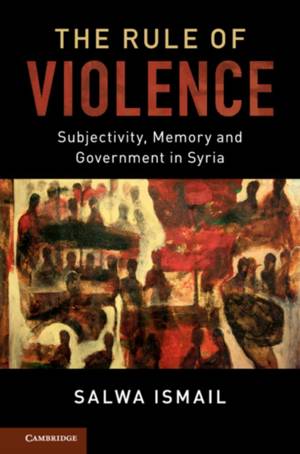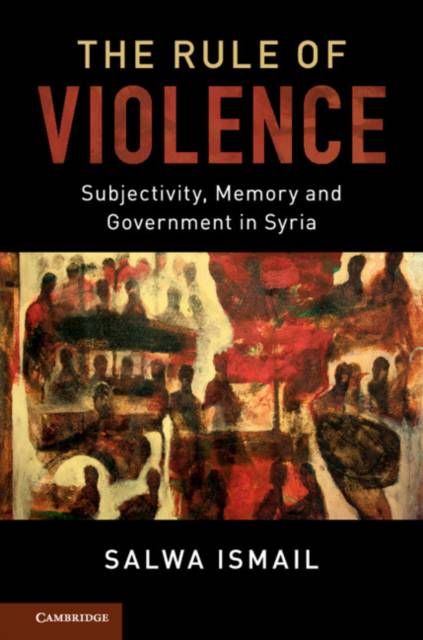
- Afhalen na 1 uur in een winkel met voorraad
- Gratis thuislevering in België vanaf € 30
- Ruim aanbod met 7 miljoen producten
- Afhalen na 1 uur in een winkel met voorraad
- Gratis thuislevering in België vanaf € 30
- Ruim aanbod met 7 miljoen producten
Zoeken
€ 168,95
+ 337 punten
Omschrijving
Over much of its rule, the regime of Hafez al-Asad and his successor Bashar al-Asad deployed violence on a massive scale to maintain its grip on political power. In this book, Salwa Ismail examines the rationalities and mechanisms of governing through violence. In a detailed and compelling account, Ismail shows how the political prison and the massacre, in particular, developed as apparatuses of government, shaping Syrians' political subjectivities, defining their understanding of the terms of rule and structuring their relations and interactions with the regime and with one another. Examining ordinary citizens' everyday life experiences and memories of violence across diverse sites, from the internment camp and the massacre to the family and school, The Rule of Violence demonstrates how practices of violence, both in their routine and spectacular forms, fashioned Syrians' affective life, inciting in them feelings of humiliation and abjection, and infusing their lived environment with dread and horror. This form of rule is revealed to be constraining of citizens' political engagement, while also demanding of their action.
Specificaties
Betrokkenen
- Auteur(s):
- Uitgeverij:
Inhoud
- Aantal bladzijden:
- 240
- Taal:
- Engels
- Reeks:
- Reeksnummer:
- nr. 50
Eigenschappen
- Productcode (EAN):
- 9781107032187
- Verschijningsdatum:
- 27/09/2018
- Uitvoering:
- Hardcover
- Formaat:
- Genaaid
- Afmetingen:
- 234 mm x 157 mm
- Gewicht:
- 512 g

Alleen bij Standaard Boekhandel
+ 337 punten op je klantenkaart van Standaard Boekhandel
Beoordelingen
We publiceren alleen reviews die voldoen aan de voorwaarden voor reviews. Bekijk onze voorwaarden voor reviews.











